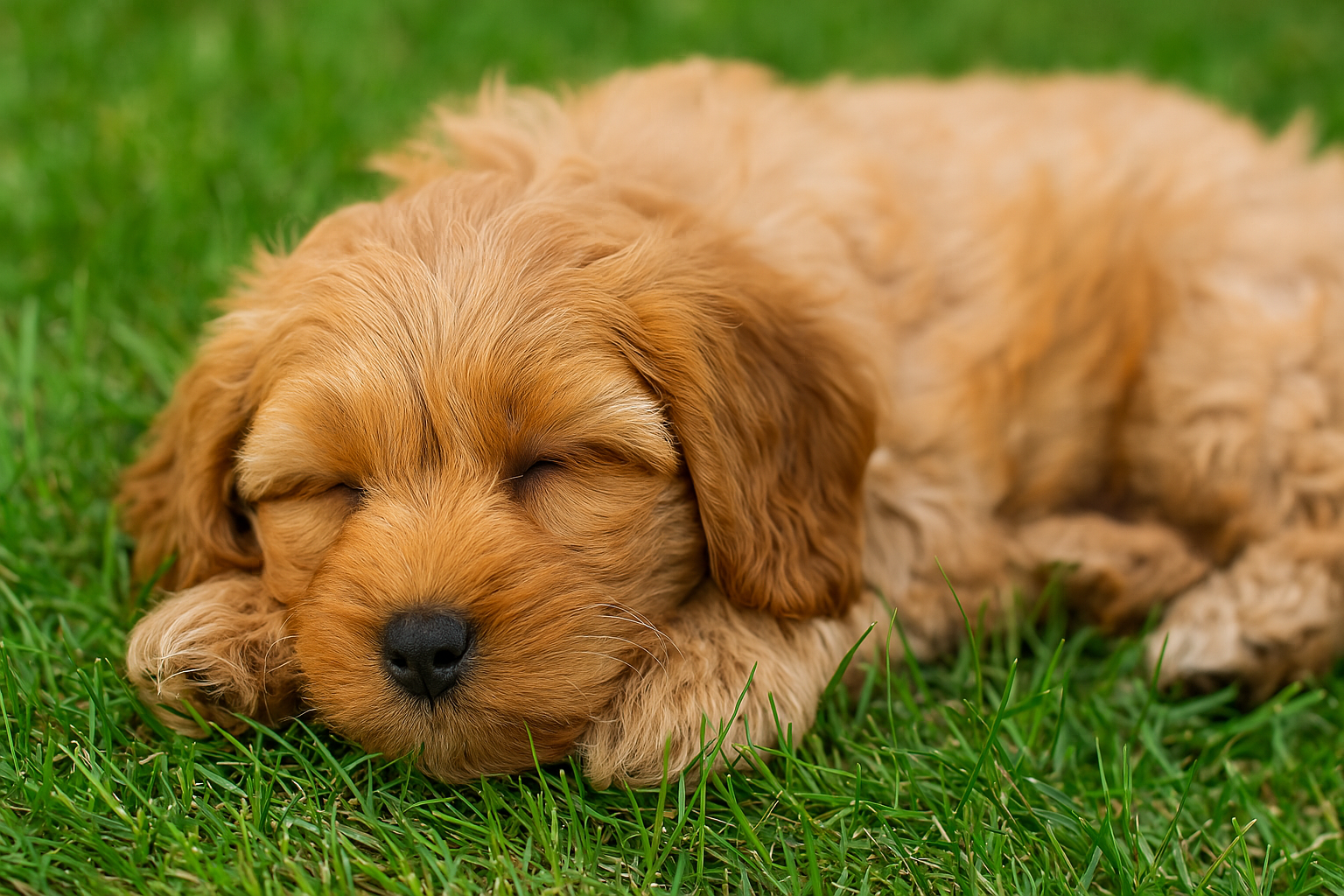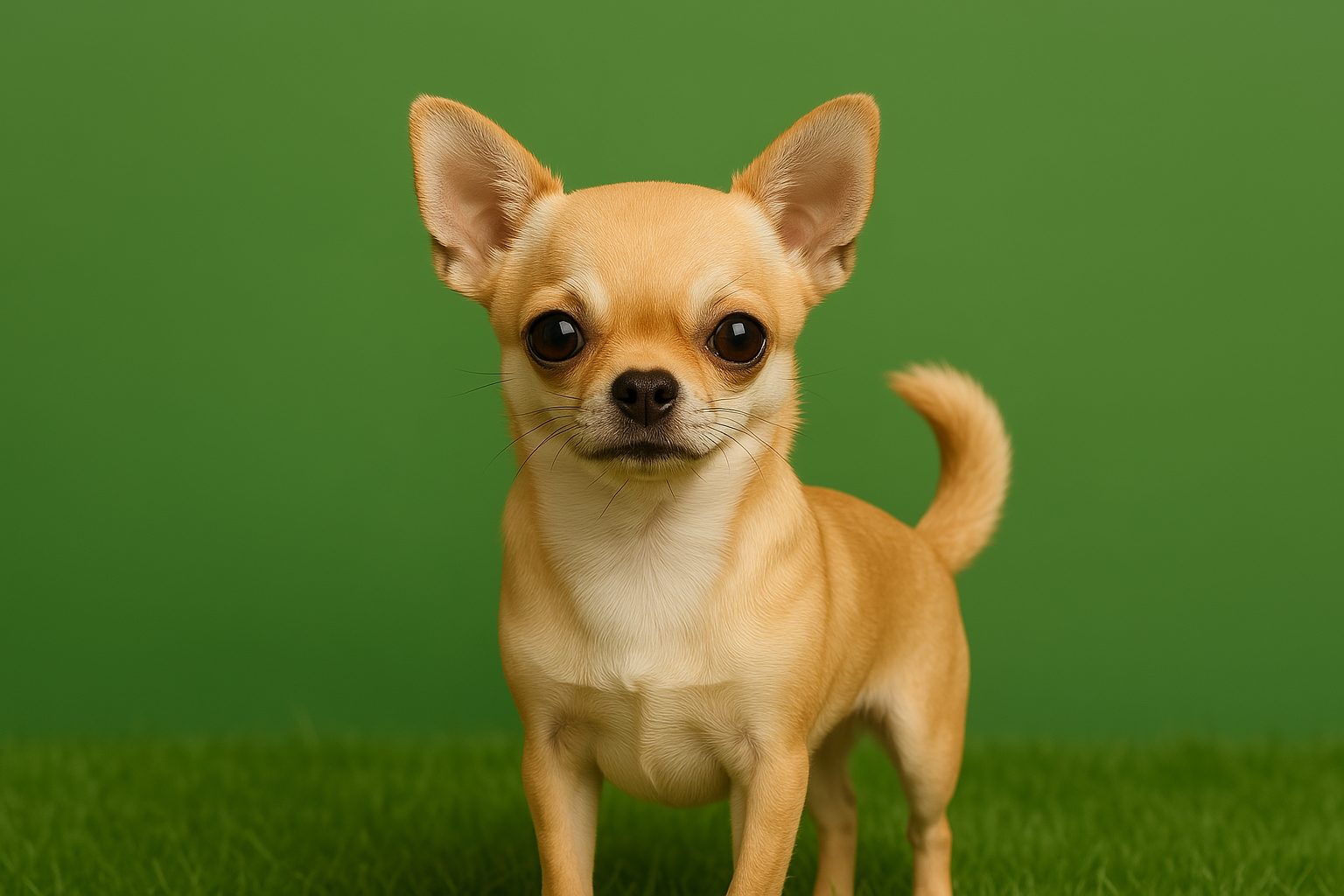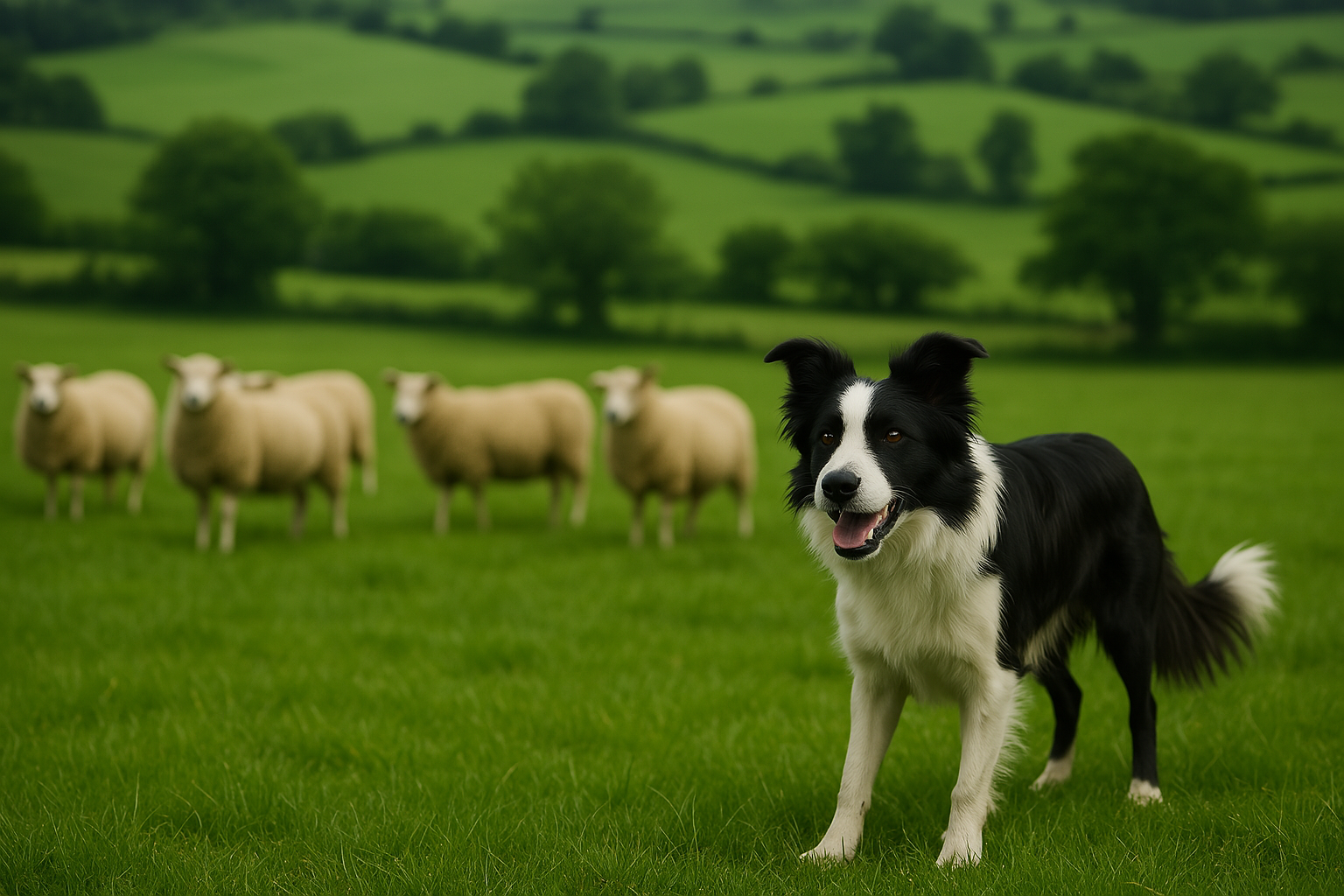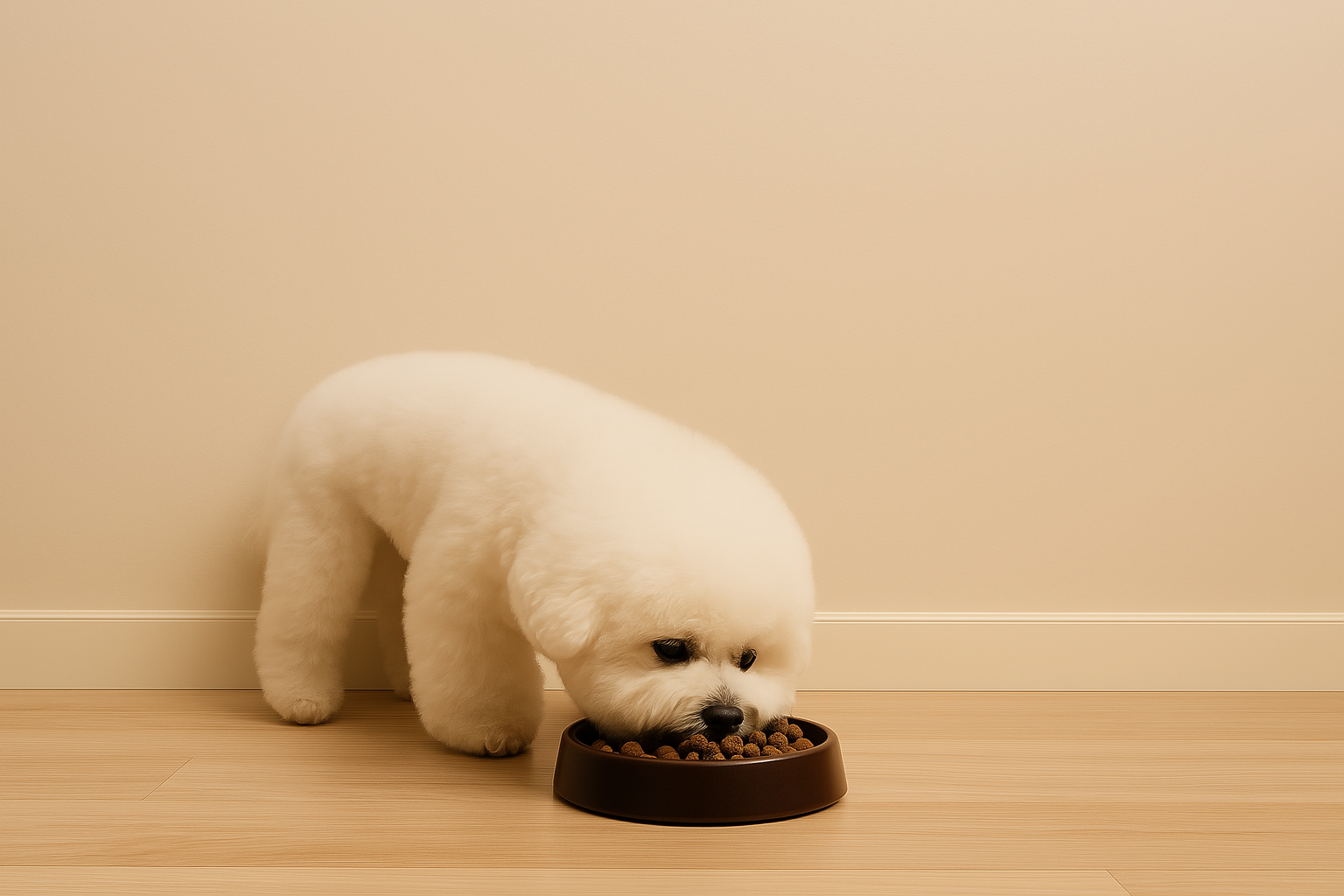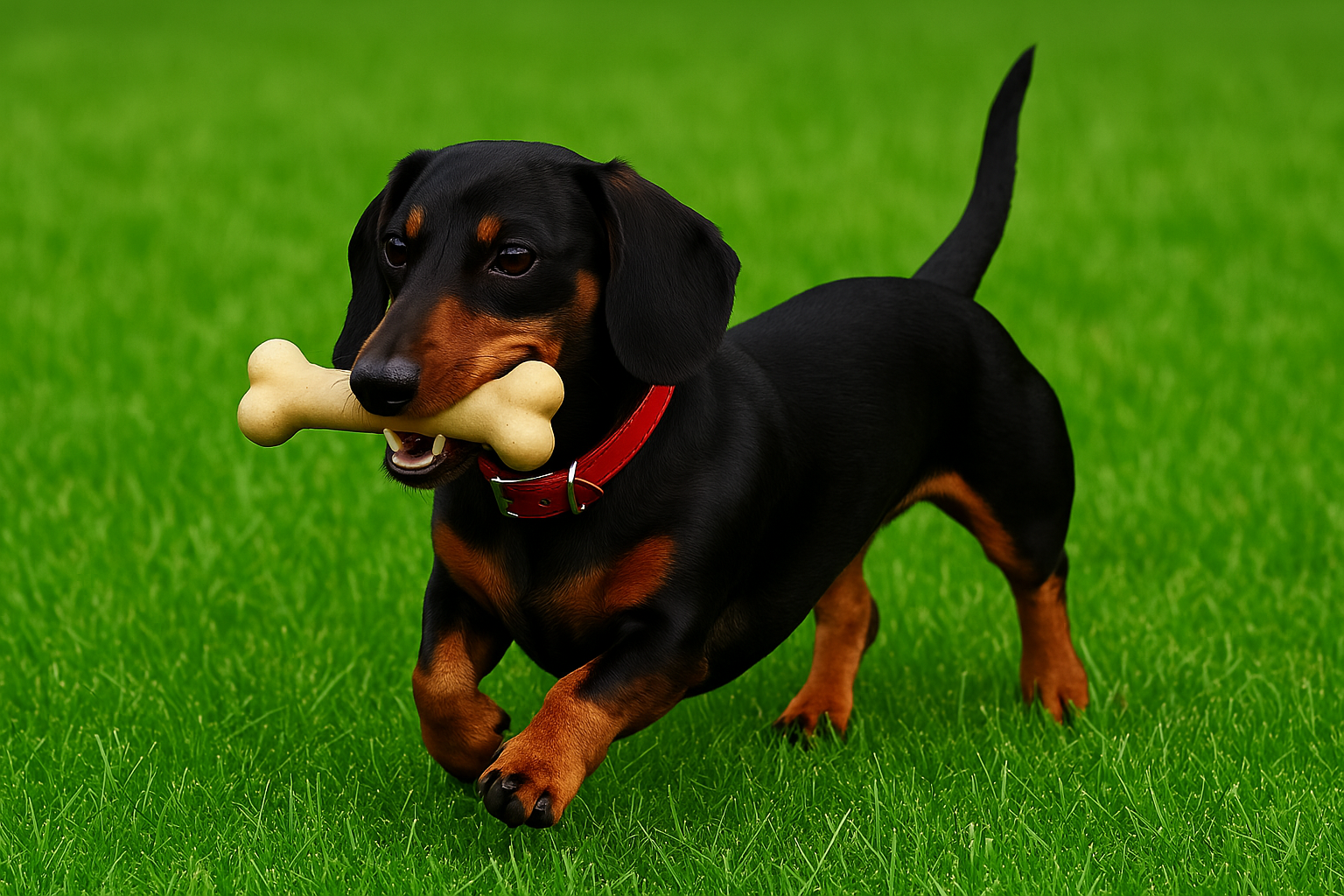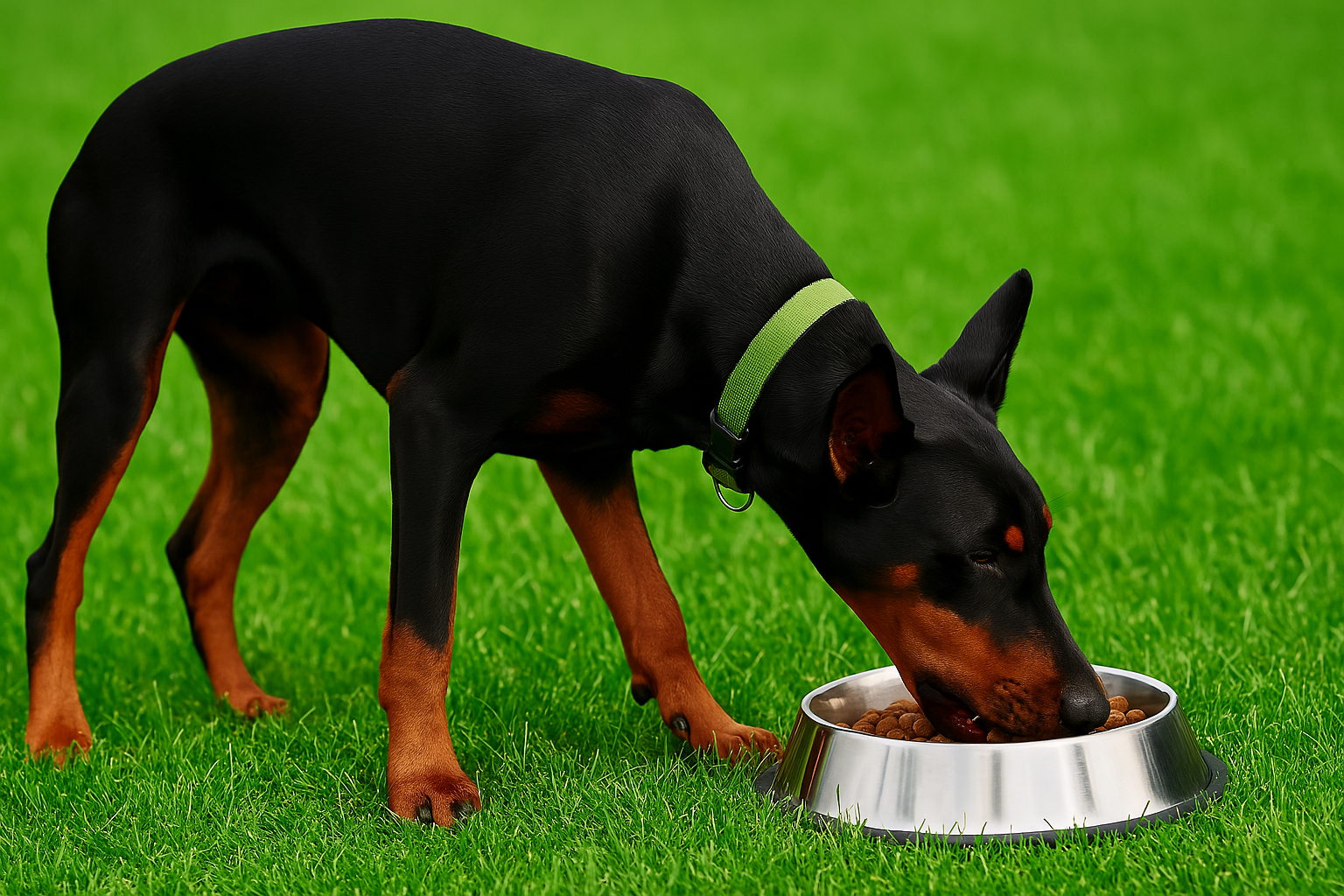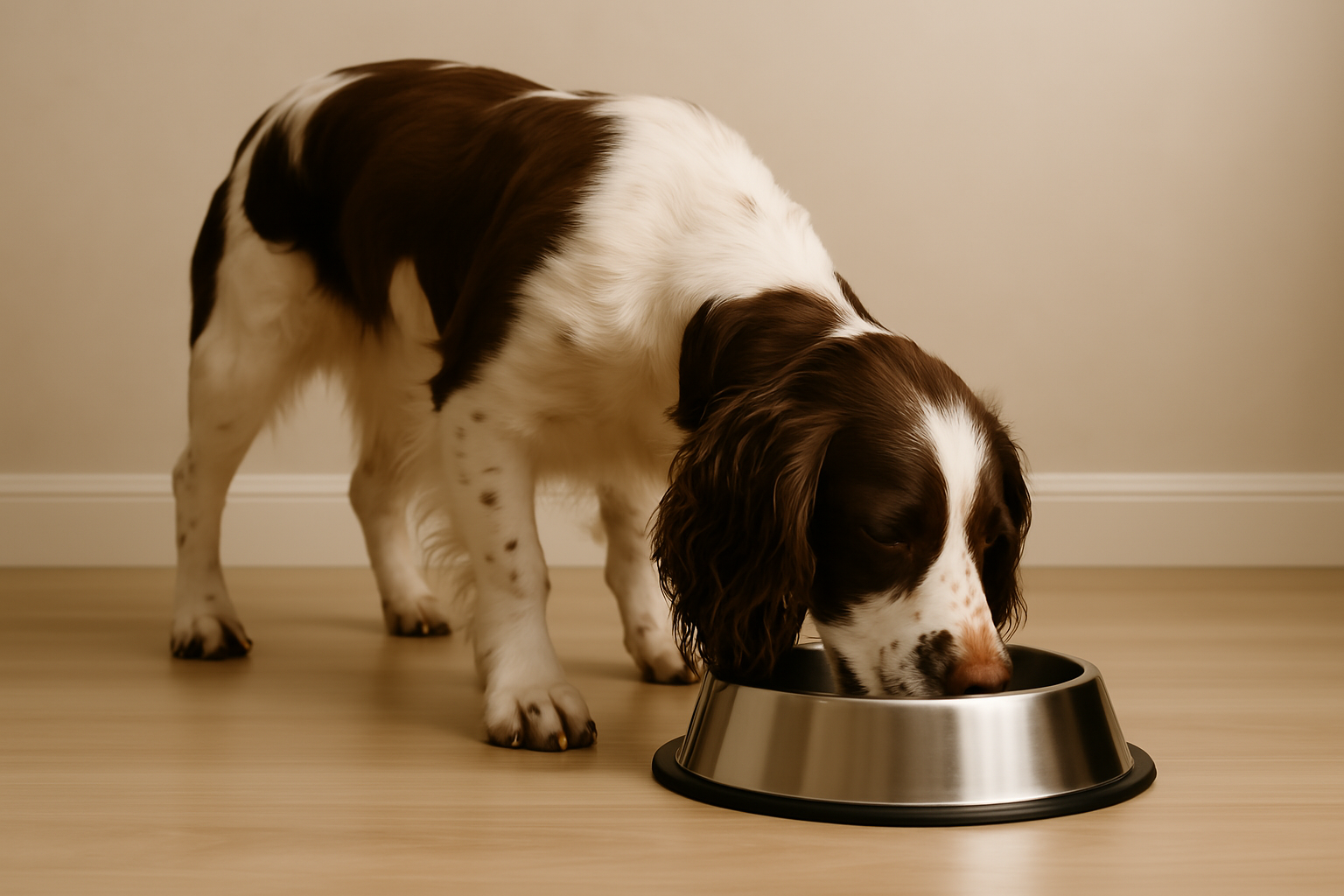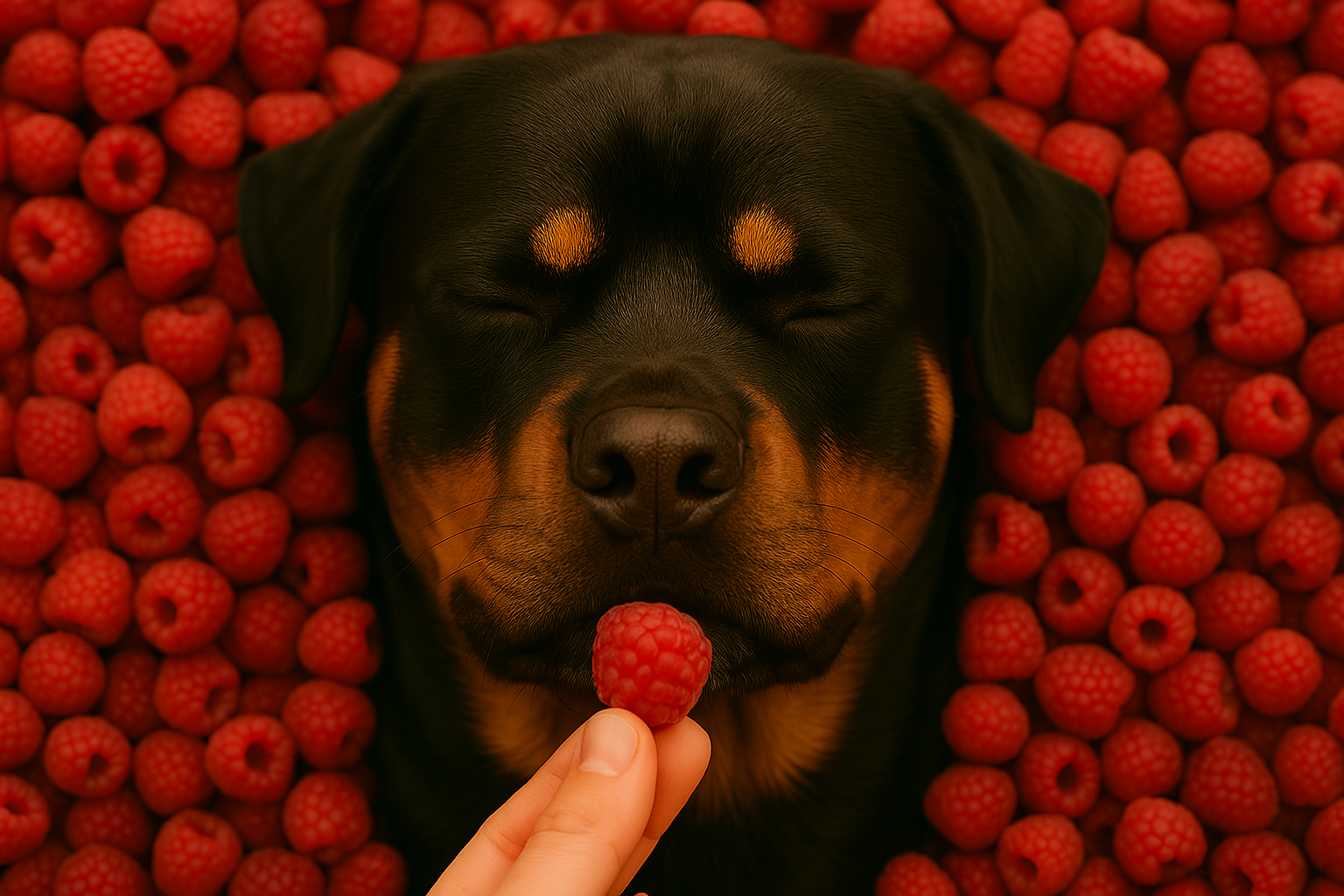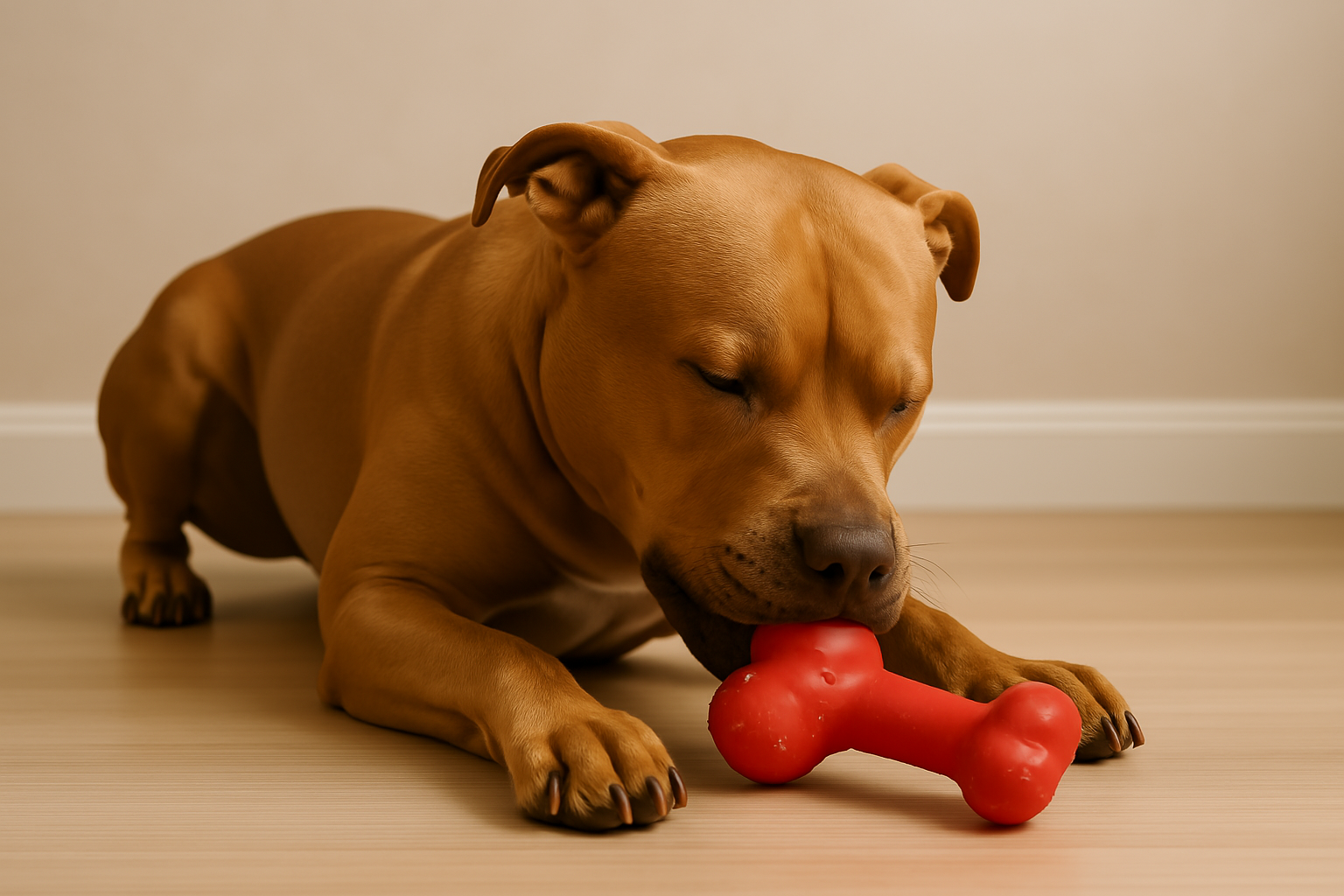
Best Food For Pitbulls
The Ultimate Guide to Feeding Your Pitbull: Best Foods, Common Allergies & What to Avoid
Pitbulls are strong, energetic, and loyal companions, but their dietary needs require careful attention to ensure they stay healthy and thrive. Choosing the right food, understanding common allergies, and knowing which foods to avoid can make a significant difference in their well-being. In this guide, we’ll explore the best food options for Pitbulls, common allergies they may suffer from, and the foods that should never be part of their diet.
Understanding Pitbull Nutrition
Pitbulls are muscular and active dogs that require a high-protein diet to support their energy levels and muscle maintenance. Their diet should include quality animal proteins, healthy fats, and essential vitamins and minerals. A well-balanced diet ensures they maintain a healthy coat, strong bones, and optimal digestion.
Best Food for Pitbulls
When selecting food for your Pitbull, consider their age, activity level, and any specific health concerns. Here are some of the best food options:
1. High-Quality Dry Dog Food
Opt for premium kibble that contains real meat as the primary ingredient. Look for brands that avoid artificial preservatives and fillers. Some of the best dry dog food options for Pitbulls include:
-
Ollie Chicken Dish with Carrots – A fresh-cooked recipe with human-grade ingredients.
-
Orijen Adult Original Food – High in protein and grain-free.
-
Bully Max 30/20 Dry Dog Food – Designed for active Pitbulls with high protein content.
2. Fresh or Raw Diet
Many Pitbull owners prefer a raw or fresh diet, which includes lean meats, vegetables, and healthy fats. The Farmer’s Dog Pork Recipe is a great fresh food option. If opting for raw feeding, ensure the diet is balanced with the right nutrients.
3. Wet Dog Food
Wet food can be beneficial for Pitbulls with sensitive stomachs or those who need extra hydration. Blue Buffalo Wilderness High Protein Wet Food is a great choice.
4. Homemade Meals
If you prefer to prepare meals at home, ensure they include:
-
Lean meats (chicken, turkey, beef)
-
Vegetables (carrots, spinach, sweet potatoes)
-
Healthy fats (fish oil, coconut oil)
-
Complex carbohydrates (brown rice, quinoa)
Common Allergies in Pitbulls
Pitbulls are prone to allergies, which can manifest as skin irritations, digestive issues, or excessive scratching. The most common allergens include:
1. Food Allergies
Pitbulls can develop allergies to certain ingredients in their food. Common culprits include:
-
Chicken – Some Pitbulls react poorly to chicken, leading to skin irritation.
-
Beef – Another common allergen that can cause digestive upset.
-
Dairy – Can lead to bloating and diarrhoea.
-
Wheat & Grains – Some Pitbulls have grain sensitivities, causing itchy skin and digestive issues.
2. Environmental Allergies
Apart from food, Pitbulls can also suffer from environmental allergies such as:
-
Pollen
-
Dust mites
-
Mould
-
Insect bites
3. Symptoms of Allergies
If your Pitbull is experiencing allergies, you may notice:
-
Excessive scratching and licking
-
Red, inflamed skin
-
Vomiting or diarrhoea
-
Sneezing and watery eyes
Foods Pitbulls Need to Avoid
Certain foods are toxic or harmful to Pitbulls and should never be included in their diet. Here are some of the most dangerous foods:
1. Toxic Foods
-
Chocolate – Contains theobromine, which is highly toxic to dogs.
-
Grapes & Raisins – Can cause kidney failure.
-
Onions & Garlic – Damages red blood cells, leading to anaemia.
-
Xylitol – Found in sugar-free products, can cause liver failure.
-
Avocado – Contains persin, which can upset a dog’s stomach.
-
Alcohol & Caffeine – Both are extremely dangerous and can cause poisoning.
2. Foods That Cause Digestive Issues
-
Fatty Foods – Excess fat can lead to pancreatitis.
-
Bones – Cooked bones can splinter and cause choking.
-
Dairy Products – Many Pitbulls are lactose intolerant.
-
Processed Foods – Avoid foods with artificial preservatives and additives.
Recommendations Dry Dog Food
Final Thoughts
Feeding your Pitbull the right diet is essential for their health and longevity. Opt for high-quality protein sources, avoid common allergens, and steer clear of toxic foods. If you suspect your Pitbull has food allergies, consult a vet to determine the best diet plan. By providing a balanced and nutritious diet, you’ll ensure your Pitbull remains strong, energetic, and happy for years to come.






